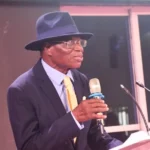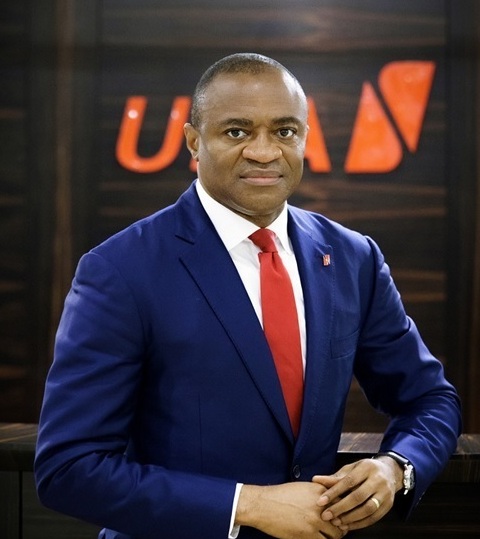Nigeria Customs to deploy E-currency declaration form to curb money laundering
By Martha Agas The Nigeria Customs Service (NCS) says it will deploy an Electronic-Currency (E-Currency) declaration form as part of its anti-money laundering measures for travellers carrying cash into and out of Nigeria. The service spokesperson, Abdullahi Maiwada announced this in an interview with the News Agency of Nigeria (NAN)Continue Reading





















